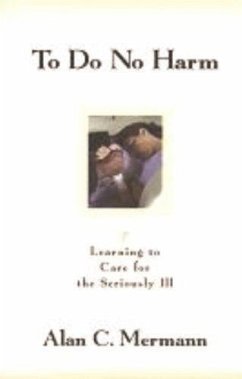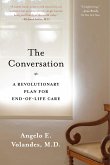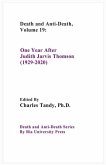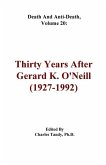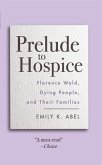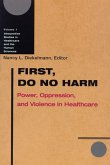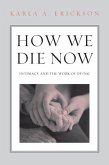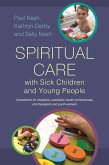A topic considered taboo since the Victorian Age—how we die—is now a subject of open discussion, theological pronouncement, ethical argument, and legislative debate. There are many opinions about choices offered and actions taken. Morality; professional duty and responsibility; costs in money, time, and resources; the harsh realities of suffering, pain, and sorrow - these various factors influence our prejudices, expectations, and decisions about ourselves and those for whom we accept the final responsibility of care and, often, of decisions about living and dying. This book is a study of the ways persons experience serious and life-threatening illnesses, the types of suffering they experience, and ways we can understand their lives. Mermann describes a course at the Yale School of Medicine that uses patients as teachers for students, helping them learn the impact of disease upon the whole person. He covers suffering in body, mind, and spirit. The book also discusses the hopes and the means for a fully realized life for the professional health care provider through compassionate care of the sick.

